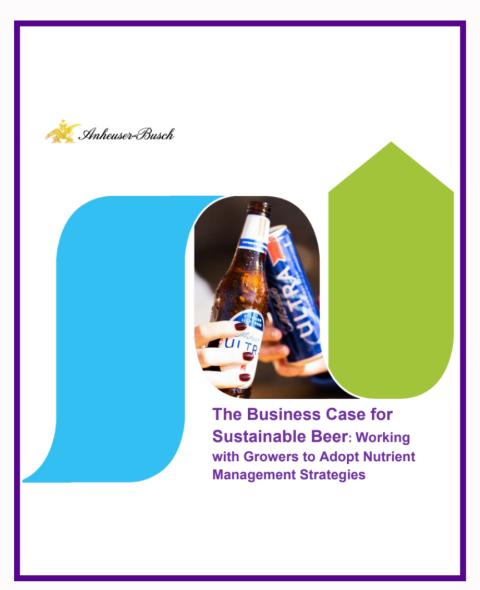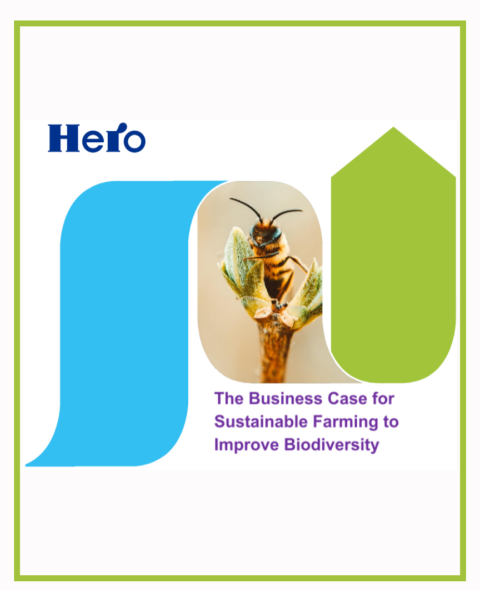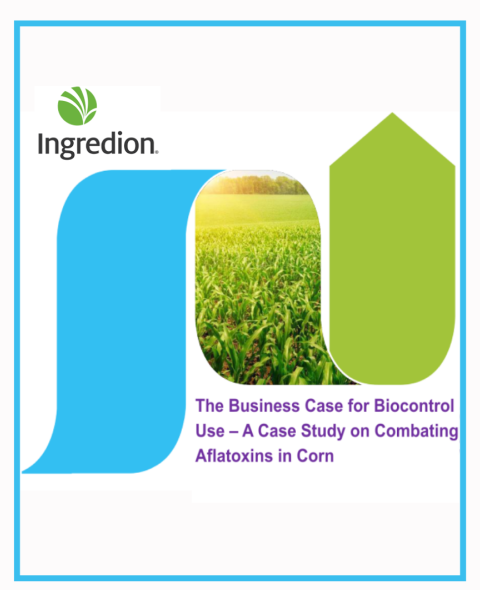
Food and Agriculture Toolkit
Explore the Strategies
Case Studies

AB InBev
Anheuser-Busch (AB) explored the benefits of ROSI's soil health strategy. Working with barley growers to accelerate the adoption of nutrient management practices on-farm improved operating efficiency, reduced Scope 3 carbon emissions, and enhanced brand value. ROSI results show benefits amounting to ~$40 million in 10-year NPV and an average annual operating income improvement of ~$7.5 million.

Hero Group
Hero Group explored the benefits of ROSI's biodiversity and ecosystem conservation strategy. Working with farmers to promote sustainable bee-friendly farming practices improved fruit pollination and yields, reduced input costs for growers and led to carbon sequestration benefits for achieving Scope 3 targets. A 10-year NPV of €3.6 million (before costs) was estimated with an average annual operating income impact of €650K.

Ingredion
Ingredion explored the benefits of ROSI's food waste strategy. Working with an affiliate corn grower to promoting the use of AflaPak™, an aflatoxin biocontrol product, to reduce on-farm waste in corn increased sellable yields for growers, lowered risk of supply disruption, and improved operational efficiency for the company. The results showed the potential for a 9.3x return on investment to develop AflaPak™ and a 10-year NPV ~$15.5 million.
Thank You to our Sponsor, Company Partners, and Research Team
The framework was designed with the practical knowledge from ROSI collaborations. Inputs into the framework include HSBC-funded research projects, with partners AB InBev, Hero Group, and Ingredion as well as individually-funded ROSI projects with Applegate, Cargill, Investindustrial, Mars, and McCormick.
CSB contributors to the project include Tensie Whelan, Chisara Ehiemere, Elyse Douglas, Divya Chandra, Rithu Raman, Maggie Paruta, and consulting support from Martin Delaroche. Lastly, we thank our student assistants Kathryn Danielsen (MBA '21), Alice Davison (MBA '24), and Stella Yao (MPA '21).












